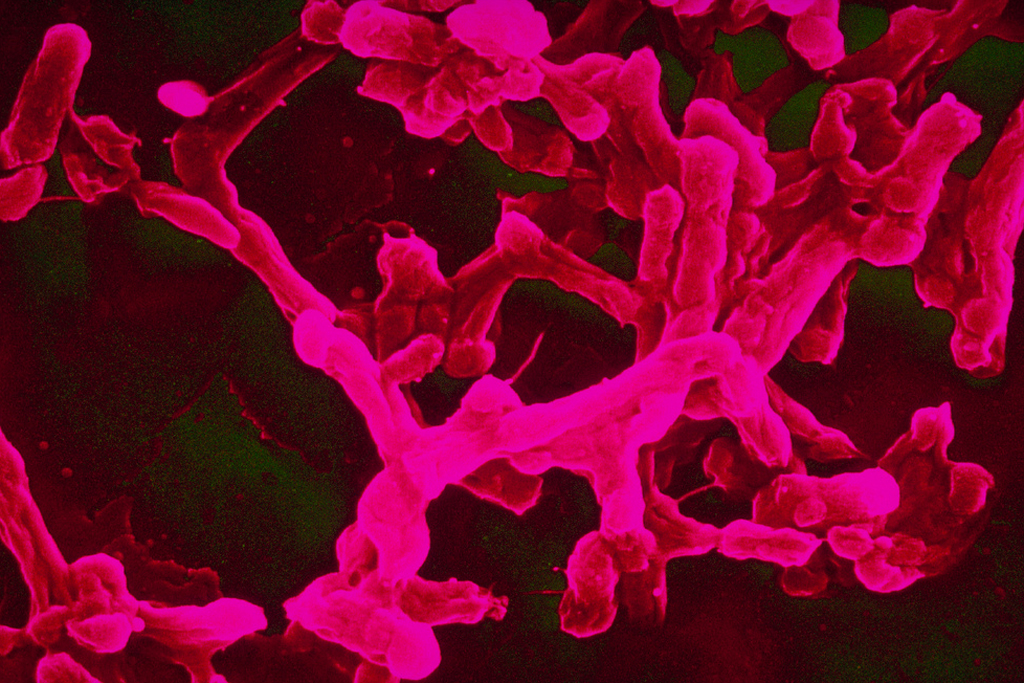Genetics 101
Richard Gunasekera is Associate Dean and Professor, Academic and Research Affairs and Professor of Biological Sciences at Biola University.
WCIU Journal: Health and Disease Topic
June 22, 2017
by Richard Gunasekera, PhD,
When we consider genetics there are at least 2 (to 3) major different types that geneticist usually refer to in genetic disease:
1. Classical Genetics:
This is what most people (especially old-school) are aware of, such as Sickle Cell Anemia, PKU, Hemophilia etc. These are usually inherited genetic disease. And then there are several types of such: Dominant, Recessive, Linked (such as X-linked) and other variants of these. Two very important subgroups we can consider as related to what is being said regarding Autism are:
(a) Predisposition:
This is a “minor mutation” that may be found in the genome of the person but may never show up as a full-blown disease unless they are exposed to other factors- such as environmental factors. A good example is those who carry the (mutation to) BRCA genes for breast cancer—we know that the carriers have an increased chance of getting the disease, however, some will carry the BRCA I or II gene mutations but will never get the disease.
(b) Carriers (such as X-linked):
In these cases the carrier may not show the disease at all, but their progeny may have it full blown. A good example of this is Hemophilia- and one can look at the whole pedigree of the European families related to Queen Victoria to see how it is passed down either as a carrier gene or as a full-blown disease. By the way, Queen Victoria would have been the first in the Royal Pedigree to get this since there is no one in the previous generations to have it- but she passed it along to nations. That means it was a genetic (mutation) event occurred in her genes to the extent that it got passed down through her germ line cells. Only males are affected and not females. So Alexis in the Romanov’s family had it and but his mother did not and was only the carrier of the mutated (X-lined) gene.
2. Molecular Genetics:
Molecular genetics has to do mainly with modern DNA related disease. A good example is cancer. Most people know that cancer is a “genetic” disease but the truth is only less than 10% cancers are inherited. SO why do we call the disease Genetic if +90% of cancers re not inherited? It is “genetic” because cancer is a result of mutations to DNA that occur in “somatic” cells (these are not sex cells) during life (mainly in adults). This gives rise to cancers. For instance most melanomas are a result of DNA mutating in skin cells due to deleterious UV rays from the sun. Of course that is an environmental effect- not something that a person can blame his/her parents for… Nor can they pass it on to their progeny- sex does not occur in skin cells!!!


